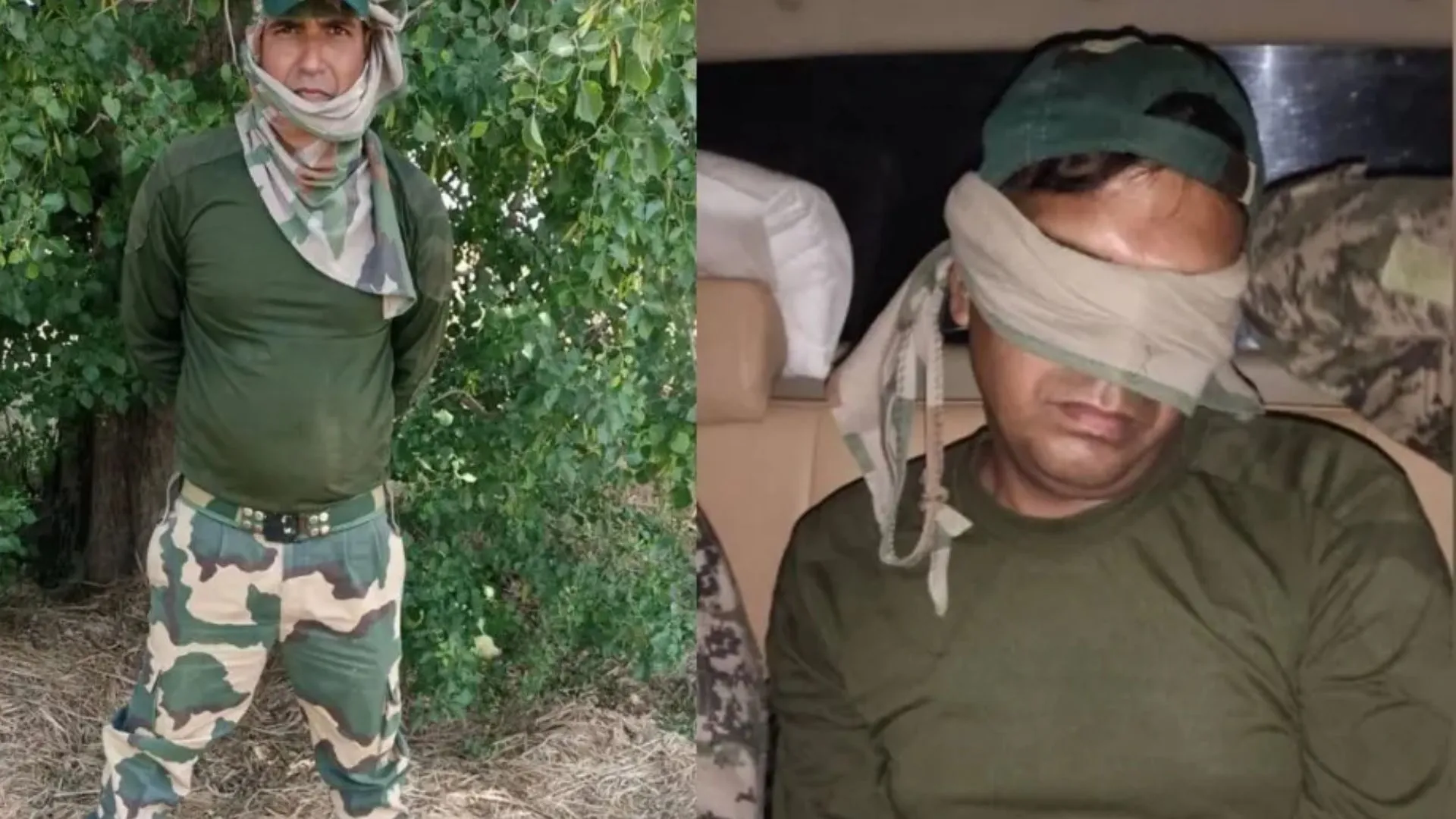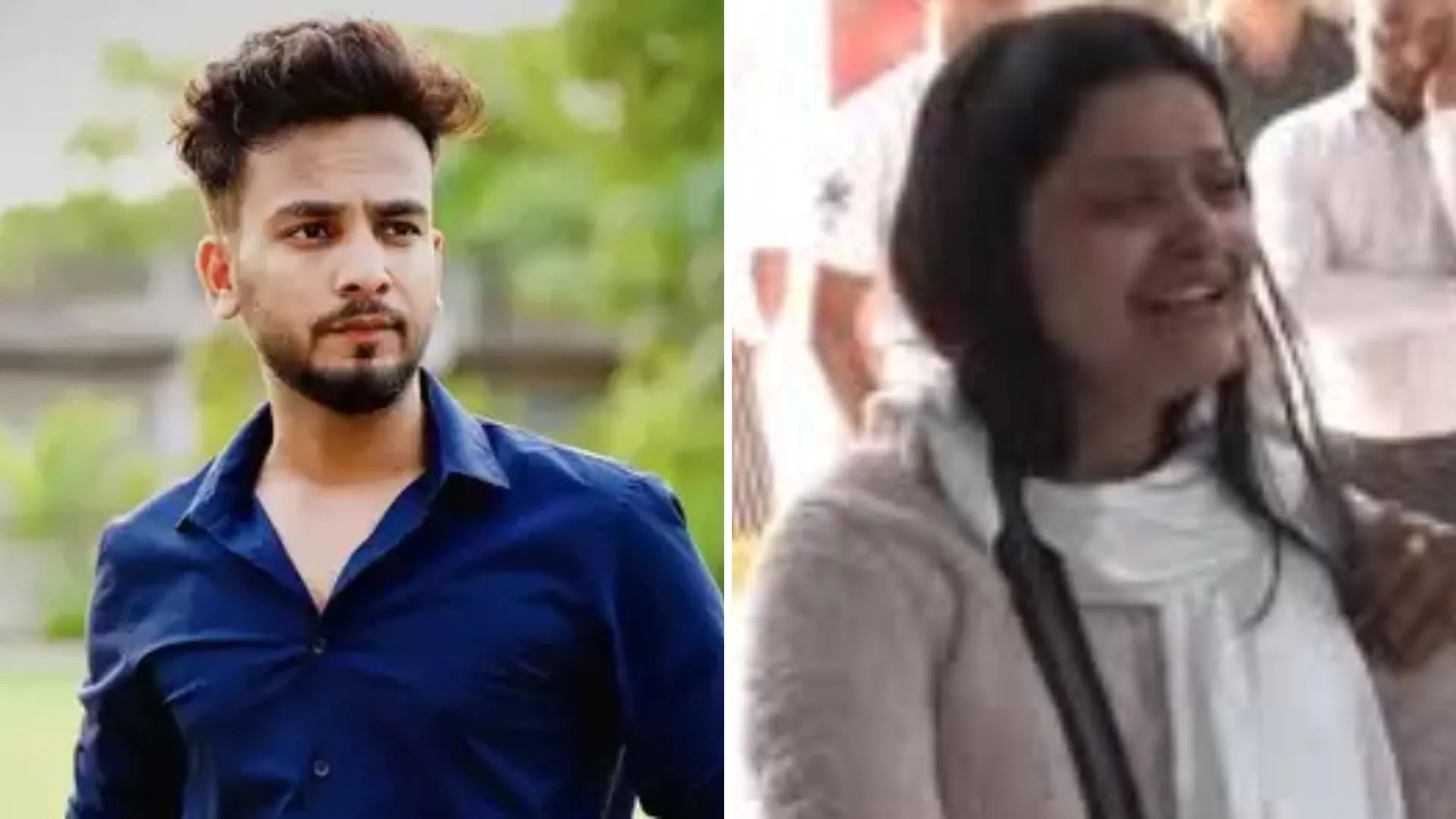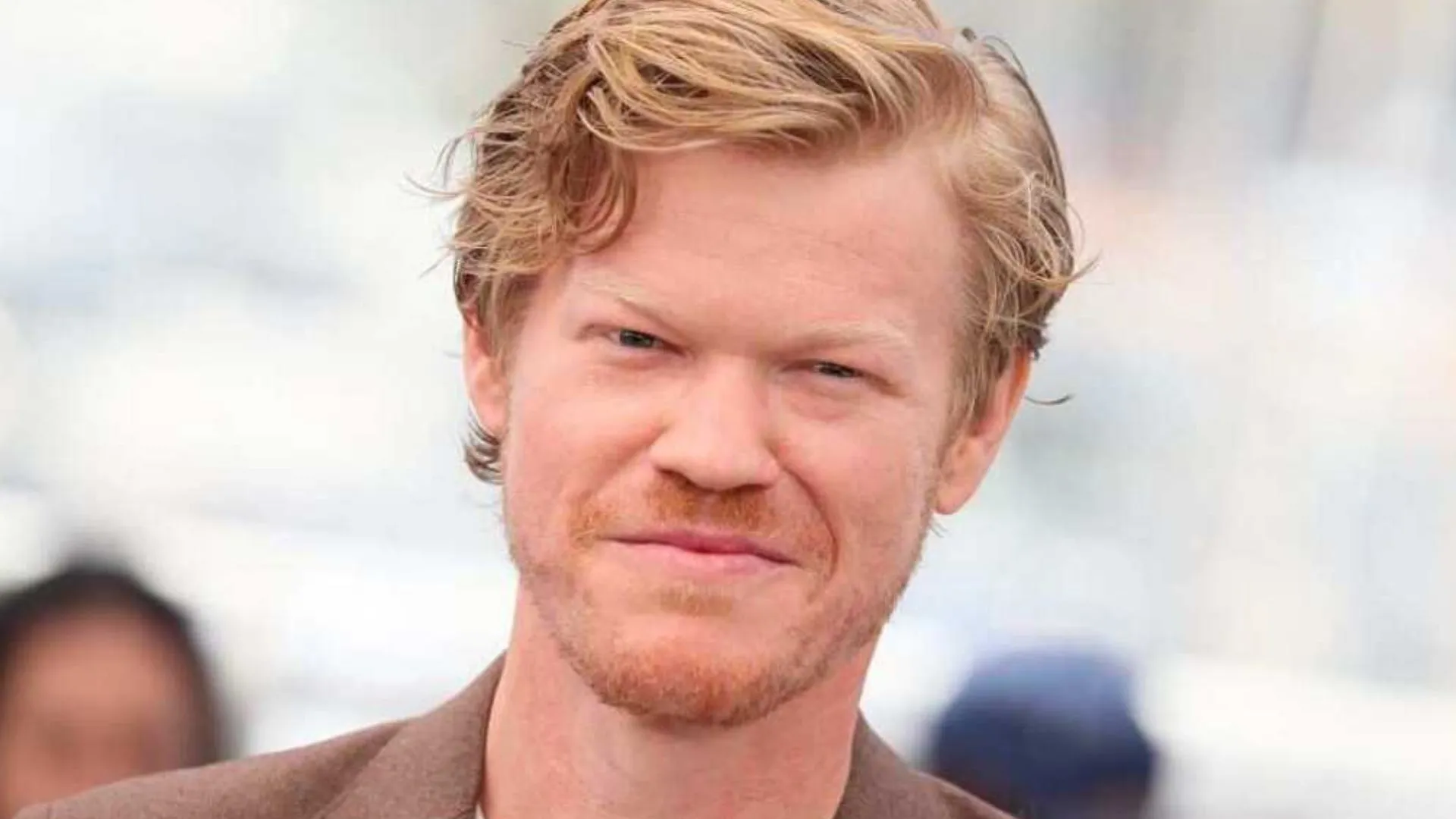Indian Prime Minister Narendra Modi recently visited Russia for two days, causing a stir among Western countries. The visit was important for several strategic reasons, highlighting India’s approach to global alliances and security.
Why the Meeting Was Important
- Balancing Western Pressure: Modi’s visit aimed to show that Russia doesn’t have to rely only on China to counter Western pressure after the Ukraine conflict. It emphasized Russia’s ability to form diverse partnerships.
- Protecting Against Vulnerabilities: India wanted to assure the West that its concerns about China shouldn’t make it vulnerable to Western powers in the future. This was a way to safeguard India’s interests.
- Seeking Technology and Cooperation: Modi’s trip was also about gaining advanced technology and winter equipment from countries outside NATO, like Austria. India is keen on these technologies for its development and security.
- Strong Historical Ties: The visit highlighted the strong friendship between India and Russia, dating back to times when Russia supported India against Pakistan, even when Western countries favored Pakistan.
- Independent Security Stance: Despite past differences, India believes in being self-reliant in security matters. This means preparing to handle conflicts alone if necessary, without depending on others.
Modi’s visit to Russia was more than just a diplomatic event. It showed India’s strategy in forming global partnerships and securing its interests amidst complex international relations. This visit reshapes how India is perceived in the world and how it manages its security challenges.
At a time when Prime Minister Modi is making significant diplomatic moves to advance India’s interests, it’s crucial that Indian diplomacy and intelligence align closely with the country’s needs as it aims to become the world’s third-largest economy by the end of this decade.
India values its strategic independence and isn’t aligned with either the Western bloc or China. It’s important for Indian diplomats, especially those posted in Western countries, to avoid being overly influenced by local perspectives and instead defend India’s interests impartially.
Recent developments show Indian diplomats in the West are starting to prioritize India’s stance over biases towards the US or Russia. Despite pressures from Western powers, India’s counter-terrorism efforts are facing challenges, particularly regarding individuals like Hardeep Singh Nijjar and G.S. Pannun who are supported by these powers.
Indian intelligence agencies need to enhance their awareness of key adversaries, especially China. They currently have limited understanding of recent actions by Chinese President Xi Jinping, such as purging PLA generals and officials. These actions, often attributed to anti-corruption efforts, may have deeper strategic implications.
Questions remain about China’s military capabilities, such as the operational status of their J-20 fighter jet with Russian technology. Additionally, there’s ongoing concern about unrest in Tibet and Xinjiang and its implications for India.
As China asserts itself along the 3488 km Line of Actual Control, including in disputed areas like Bhutan near the vulnerable Siliguri corridor, India faces heightened military challenges. China’s increasing presence near the LAC challenges previous peace agreements, demanding a robust response from Indian policymakers.























